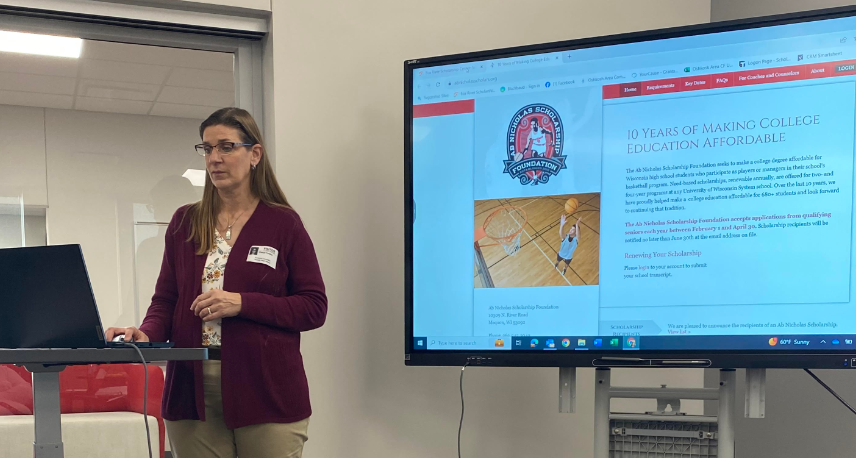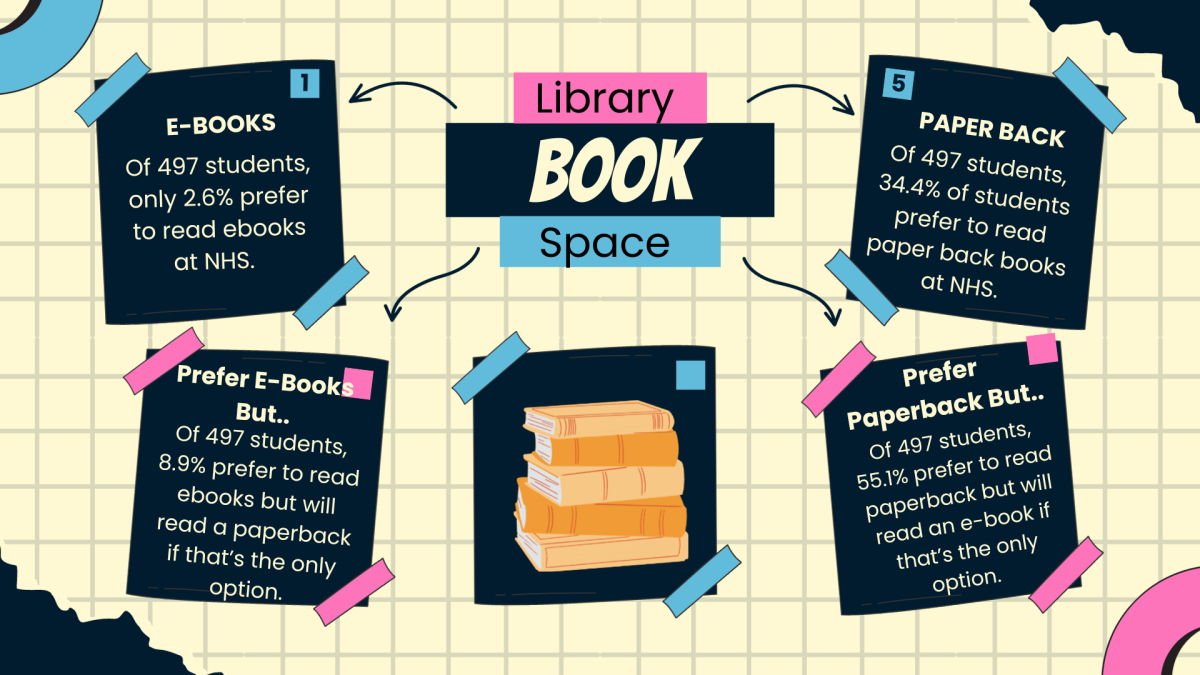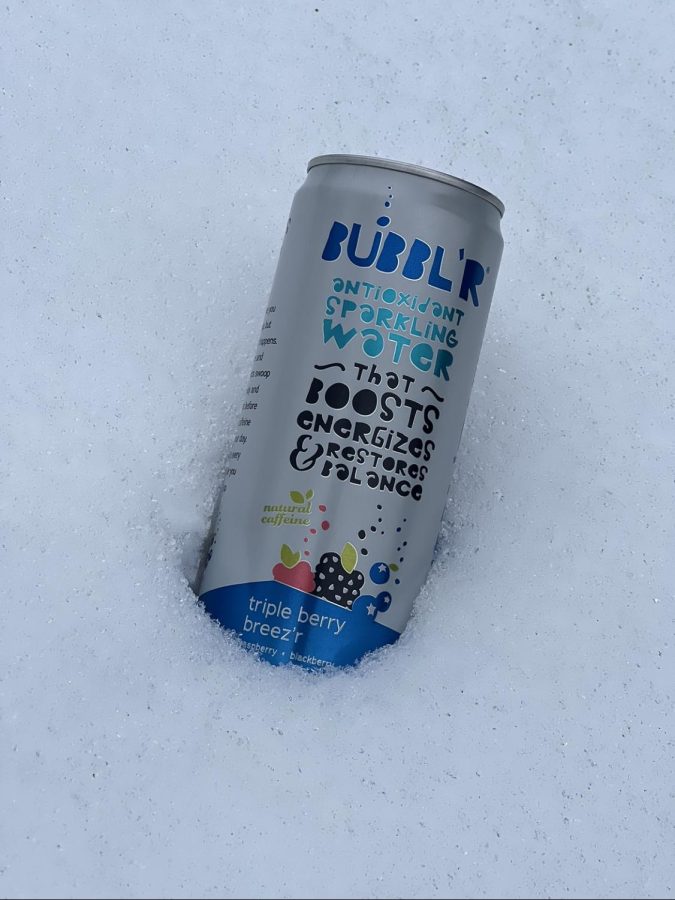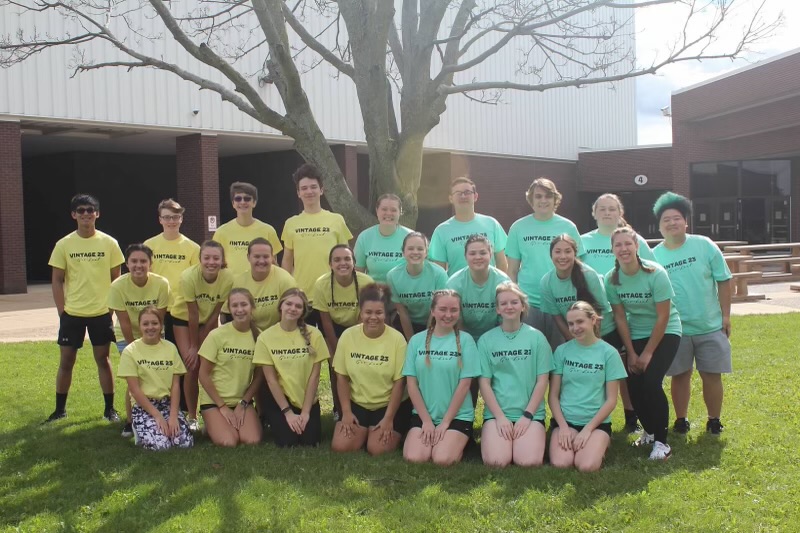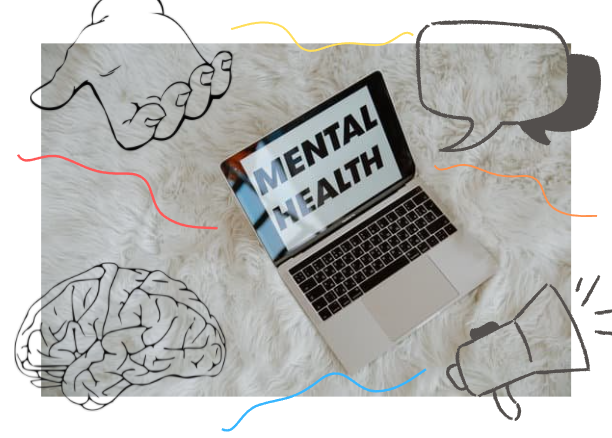With students having tests almost weekly, it is no surprise that many of them are going to be using caffeine to try and keep themselves awake while they study.
How many people, however, actually know what caffeine is and how it will affect their body? Caffeine is, in fact, a drug. It is naturally produced in leaves and the seeds of many plants such as coffee beans, tea leaves and cocoa nuts. This substance is also produced artificially and added to foods or drinks including coffee, tea, chocolate, many soft drinks, pain relievers and other over-the-counter medications.
It is well known that caffeine stimulates the central nervous system, causing alertness. It also gives most people a temporary energy boost, but is it healthy to use it before a workout? According to fitness.mercola.com, drinking coffee or having caffeine before a workout is just fine. During a workout, caffeine helps improve blood circulation, reduce pain, improve endurance, preserve muscles and improve memory. In spite of that, coffee should only be consumed before a workout. After a workout, the body needs a recovery meal such as a yogurt and fresh berries or a sandwich wrap. Caffeine should not be a part of the recovery meal at any point.
Not many people realize that boys are affected by caffeine more than girls, but only after they hit puberty. The study showed that boys aged 15-17 reacted more immediately to caffeine than girls. This trend was first recognized a few years ago by Jennifer Temple, a lead study author and an associate professor at the University at Buffalo, while she was researching the diets of young children. About 73% of children consume some kind of caffeine daily, such as coffee, tea and soda. The AAP (American Academy of Pediatrics) prefers that children not consume caffeine at all, but fast food chains have made that hard on both parents and pediatricians.
Another study appeared to show that caffeine can do immense damage to a teen’s brain. Although it is already known what caffeine can do to an adult’s brain and body, scientists and doctors are still unsure about the ways caffeine can affect children and teens in the long run. Caffeine, in large amounts, is known to reduce sleep and delay brain development in a growing child’s or teen’s brain. It also disrupts the connections to the brain, causing teens to have trouble remembering things, including information for tests.
With this information, people should know how caffeine can affect them and how it should be used.




